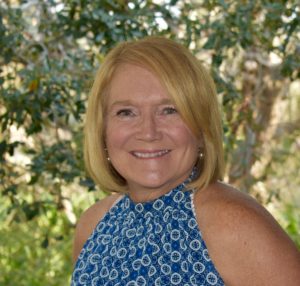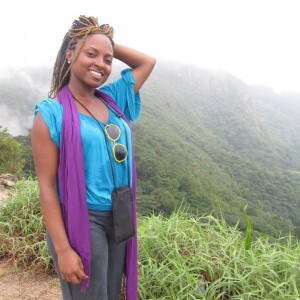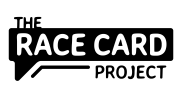John Rodney Davis,
Carmichael, CA
As a young child in Northern California, I never felt different in the overwhelmingly white world I was raised in. Occasionally a non-white person would enter the world I lived in —- the “cultural water I swam in. They were different. I was not. Wherever I went —- the store, school, the movies —- I intuitively felt or presumed that people I encountered would accept, understand, and not be frightened or suspicious of me. My father’s ancestors come to this country from the British Isles and I was given a name associated with that part of the world, John Rodney Davis. My mother had come as an adult to California from Nebraska. Her name was Pauline and her maiden name simply never came up. Then at age 12 my mother took me to meet and visit her family in Nebraska. It was during that trip that I first realized that their were places and people who presumed that I was, and treated me as though I was, different in unflattering ways. My mother’s maiden name was Vakoc, which she and her sister —- not her two brothers —- had added an “h” to the end of. Her family, the towns and neighborhoods they lived in, the foods they cooked, and the language they spoke in their homes was Bohemian —- what today is called by the more culturally accepted term, Czech. Suddenly I was a Bohunk and relegated to a culturally lesser rung. It saddened, disturbed, and angered me. It shaped my reactions to and feelings about indignities, disadvantages, and worse that people of color continue to face and that I have been spared by the happenstance of where I live and a physical appearance that enables me to blend in with the currently dominant and privileged racial group.






